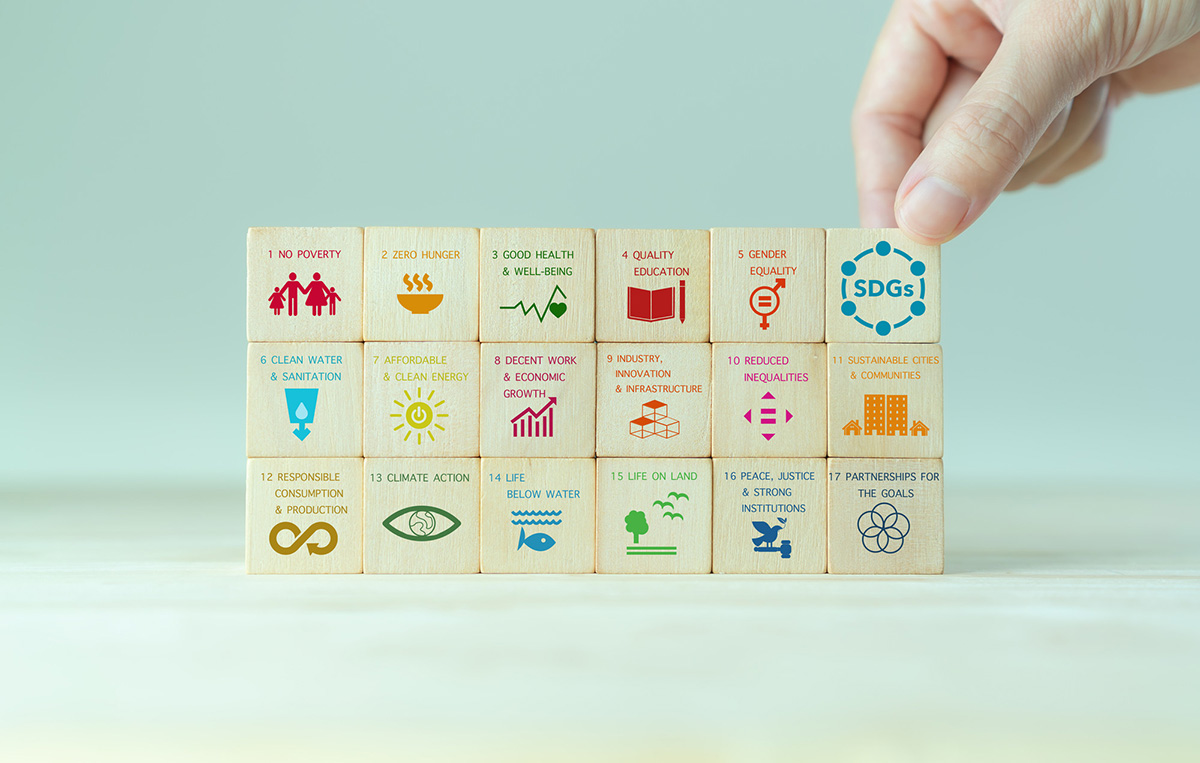India should prioritize water conservation to make it an integral part of its development strategy as it emerges as one of the world’s fastest-growing economies, jal shakti minister Gajendra Singh Shekhawat said on Wednesday.
“With India being one of the fastest growing economies in the world today, it is imperative for the country to show seriousness towards increasing use of water and its conservation to move forward with its developmental pursuit,” the minister told the Mint sustainability summit.
India, with 18% of the global population, possesses a mere 4% of the world’s potable clean water resources, setting the stage for a looming crisis. With water demand hovering at 1,100 billion cubic metres (BCM) per year and a projected rise to 1,447 billion cubic metres by 2050, the situation is critical.
Notably, India also ranks at the front of global groundwater exploitation. “This need for seriousness is also important because our situation in terms of water is very challenging. When it comes to exploiting groundwater, what America and China do together, we do it alone,” the minister remarked.
He, however, added that the achievements made by India in the last decade in water management are unique and historic.
“India is the top country in the world in campaigning for water conservation and providing pure water to every household through taps.
Out of a total 190 million rural households in the country, more than 130 million (67%) are getting tap water supply. With the number of connections we have given in the past one year, we would have provided water to every household in Japan or Egypt,” he said.
Stressing India’s commitment to achieving the UN’s Sustainable Development Goals (SDGs) goals, Shekhawat said that in line with the vision of Prime Minister Narendra Modi, historic work was being done not only in the field of water and sanitation in the country, but a sustainable model of development was also being set up.
According to the minister, the success of the Jal Jeevan Mission (JJM) has brought about a big change, especially in the lives of rural women.
“The women of the country have suffered for a long time the painful experience of being forced to carry containers of water on their heads for several kilometers in the absence of tap water. So, ensuring availability of pure water at their homes naturally brings them great relief and joy.”
Focusing on delivering pure drinking water, the government launched JJM in 2019 when there were 22,016 habitations with high levels of arsenic and fluoride in drinking water. Today, nearly 18 million people affected by water scarcity are getting safe water for drinking and cooking.
“JJM has also created employment on a large scale for the rural population. IIM Bangalore in a recent study found that this mission has the potential to create 28.2 million jobs every year,” the minister said.
He said that amid the limited availability of water, taking steps for its conservation is the need of the hour.
“On this occasion, I would like to specially mention the Jal Shakti Abhiyan launched as a coordinated effort for water conservation. From 2019 till now, many meaningful results of this campaign have come to the fore. In March this year, the fourth phase of this campaign was launched with the theme of ‘Source Sustainability for Drinking Water,” he pointed out.
Mission Amrit Sarovar has also made a big difference water conservation. Under this mission, more than 63,000 water bodies have been developed in a year, the minister said.
Credit:Source link



